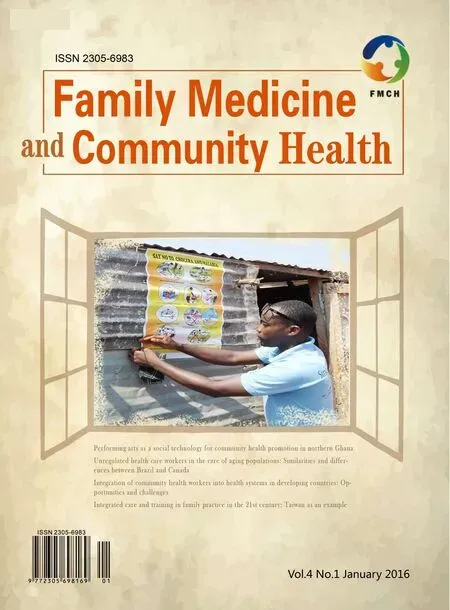Editorial
David Zakus
Editorial
David Zakus
Global health has changed a lot in the last two decades, starting with obscure efforts to work on problems affecting the poor, marginalized, and disadvantaged around the world by a relatively few dedicated souls and progressing to a burgeoning enterprise complete with many billions of dollars and many engaged people and organizations all over the world, including a growing number in poor countries. Furthermore, there is today a corporate-like atmosphere complete with private–public partnerships, bureaucratic multilateral organizations, engagement of academia, management consultants, including non-government organisations (NGOs), a growing civil society participation, and widespread recognition of global health’s importance from most all corners. This is in part because of still staggering levels of infections and epidemic outbreaks of horrible infectious diseases but is also because of the already high and steadily creeping upward incidence and prevalence of several important noncommunicable diseases.Diseases are crossing borders at will, global efforts are required to combat them, and financial status still determines health status, leaving millions, even billions, of people in a precarious and dangerous situation.
This is all part of a great new effort to eliminate and control diseases of the poor, the marginalized, and the rich, including a substantial push to develop drugs to protect and provide health (following on the heels of great efforts to make antiretroviral drugs and other expensive drugs accessible to the millions of people who need them). This is all cause to celebrate and champion the efforts of many people and organizations. Successes are being achieved on the front lines, technology keeps advancing and awareness grows regarding the need for increasing global citizenship, assurance of human rights and large-scale coordinated interventions. The efforts in households and communities by citizens, families and community organizations are of paramount importance; in addition to the highly important efforts in households and communities by citizens, families and civil society.
But much remains to be done. The basics of water, sanitation and primary health care are still lacking in much of the world, and addressing the many social determinants remains similarly elusive. Technology is important and changing quickly but can be of bene fit only with appropriate social understanding of how to achieve its potential in populations of scale.With old and new con flicts in many regions,war, large movements of refugees, and the plethora of old and new health problems yet to be dealt with properly, there remains much to do in Global Health with a sense of urgency.
Join us in reading, researching, and bringing new knowledge to practitioners of all aspects of health from a global perspective, represented by the issues dealt with in this special edition of Family Medicine and Community Health.
Faculty of Community Studies, School of Occupational and Public Health, Ryerson University, Toronto, Ontario M5B 2K3,Canada
David Zakus, BSc, MES, MSc,PhD
Faculty of Community Studies, School of Occupational and Public Health, Ryerson University, Room POD249, 350 Victoria Street, Toronto, Ontario M5B 2K3, Canada
E-mail: dzakus@ryerson.ca
21 January 2016;
Accepted 21 January 2016
 Family Medicine and Community Health2016年1期
Family Medicine and Community Health2016年1期
- Family Medicine and Community Health的其它文章
- Implementation of a novel train-the-trainer program for pharmacists in China
- Report on the International Symposium on Suboptimal Health Status,Inner Mongolia
- Conversations in accountability: Perspectives from three charities
- Traditional knowledge in HIV/AIDS treatment and prevention program in northern Uganda
- A resident’s perspective on why global health work should be incorporated into family medicine residency training
- Editor-in-Chief & Guest Editor
